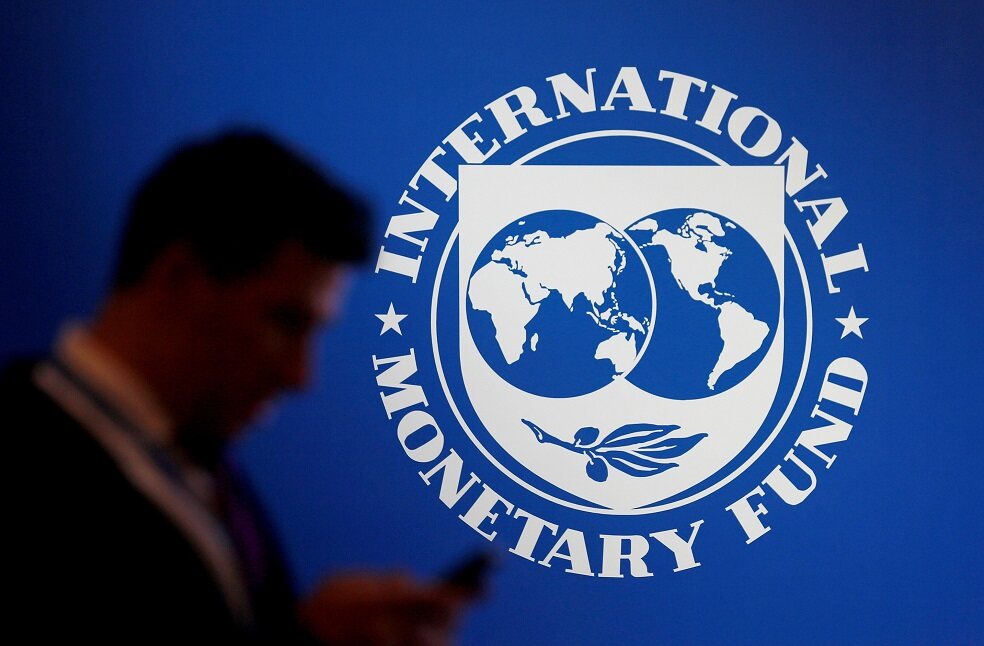Switzerland: A new analysis by the International Monetary Fund (IMF) found that artificial intelligence (AI) is set to affect nearly 40 percent of all jobs.
IMF’s Managing Director Ms. Kristalina Georgieva said that, “In most scenarios, AI will likely worsen overall inequality.”
Ms. Georgieva added that the policymakers should address the ‘troubling trend’ to ‘prevent the technology from further stoking social tensions.’

The rapid growth of AI has brought into focus discussions about the benefits and risks associated with it, as per the statement.
The IMF mentioned that AI will likely affect a greater proportion of jobs, nearly 60 percent in advanced economies. Workers can expect to get benefits from the AI integration in half of these instances as it will enhance their productivity.

The results would be different in instances of AI having the ability to perform key tasks currently executed by humans. It could lower the demand for labour. A low demand will affect the wages of the workers and may even lead to the eradication of jobs. Simultaneously, the IMF projects that the technology will affect just 26 percent of jobs in low-income countries.
Ms. Georgieva commented that, “Many of these countries don’t have the infrastructure or skilled workforces to harness the benefits of AI, raising the risk that over time the technology could worsen inequality among nations.”

According to the IMF, more generally, adopting AI might result in a disproportionate increase in wages of workers, particularly among higher-income and younger workers. Lower-income and older workers groups have a chance of falling behind.
Ms. Georgieva stated that, “It is crucial for countries to establish comprehensive social safety nets and offer retraining programmes for vulnerable workers. In doing so, we can make the AI transition more inclusive, protecting livelihoods and curbing inequality.”
The IMF analysis comes as global business and political leaders gather at the World Economic Forum in Davos, Switzerland. The surge in popularity of applications like ChatGPT follows AI as a hot topic of discussion. The technology is facing increased regulation around the world. The European Union officials have entered a provisional deal on the world’s first comprehensive laws for the regulation of the use of AI.
The European Parliament is set to vote on the AI Act proposals early this year, any legislation in that regard will not come into effect until at least 2025. The US, UK and China await the publication of their own AI guidelines, as per the reports.



